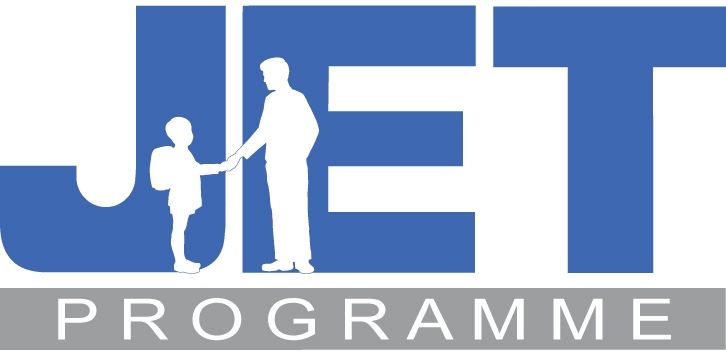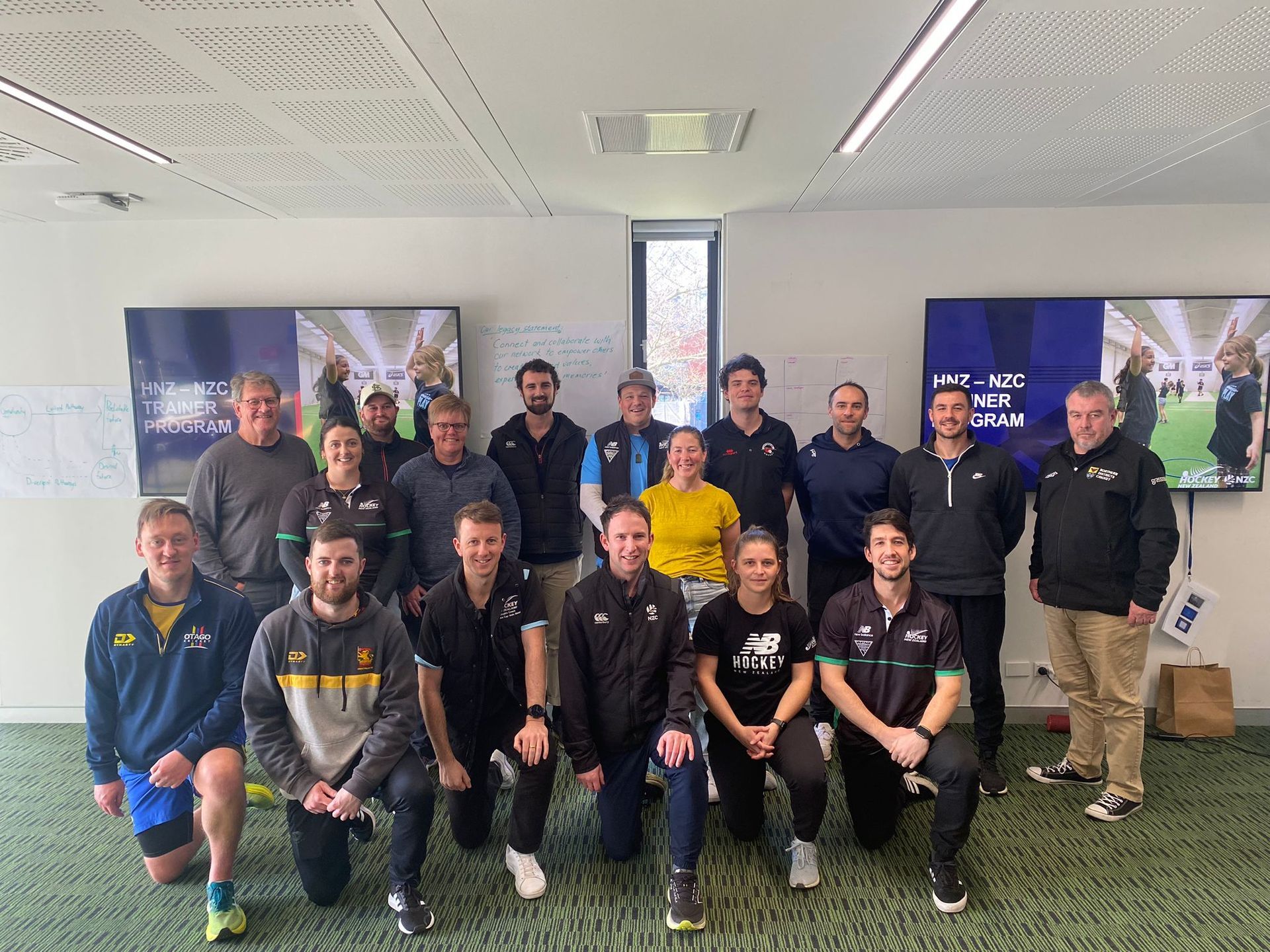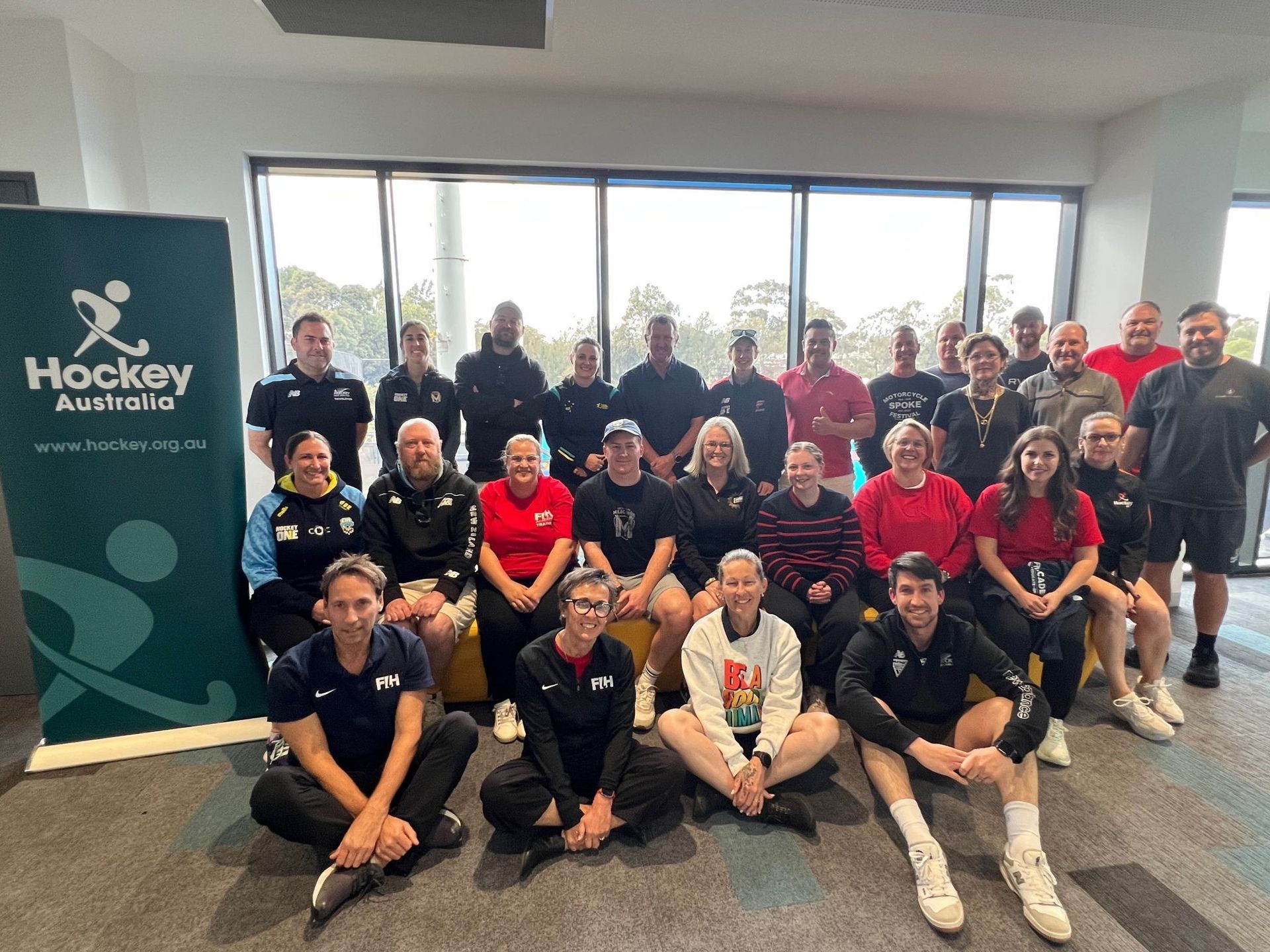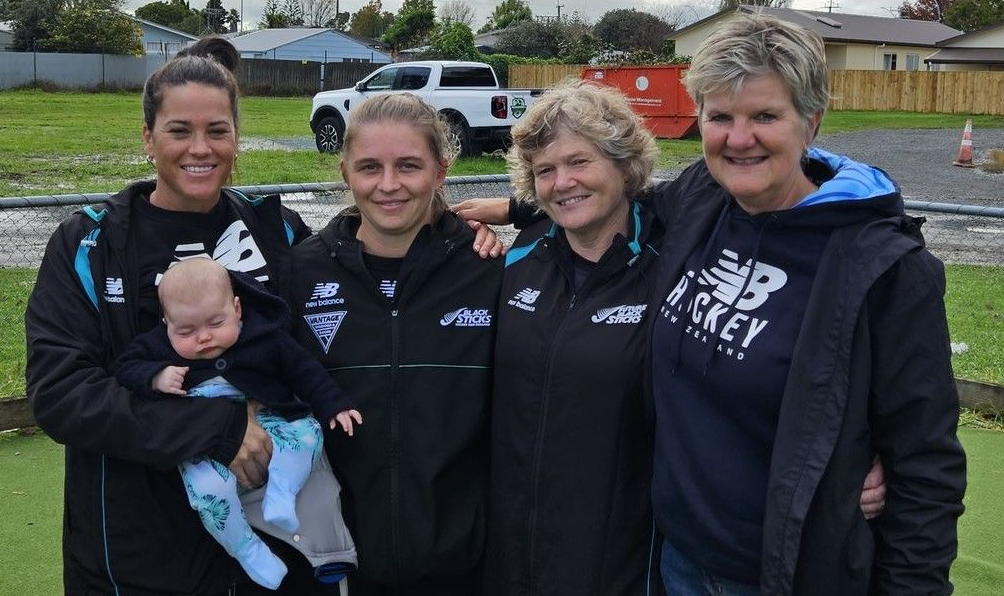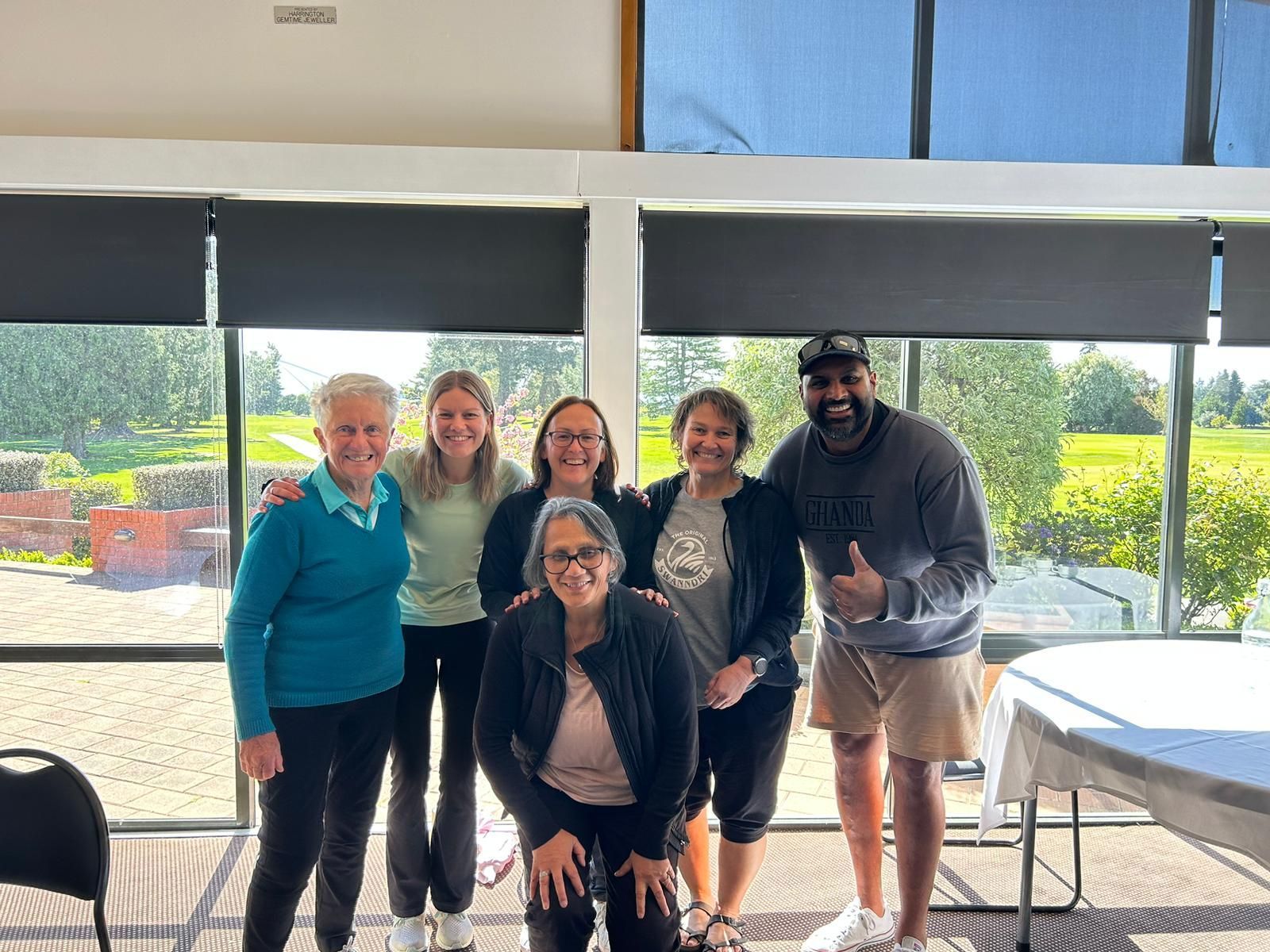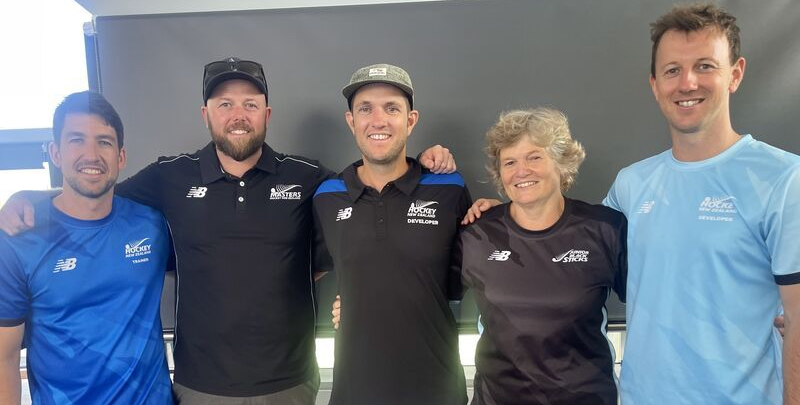Shane McLeod Workshop
Check out some tips from World Class Coach Shane McLeod.
Coaches from around New Zealand had the unique opportunity to attend an online workshop with Shane McLeod.
Through partnership with the Coach for Life Foundation, Hockey New Zealand picked 22 Coaches who watched and completed the online reflection on the documentary on Shane McLeod, "The Players Coach", to attend one of two online workshops.
The session allowed coaches the opportunity to hear from Shane, including question and answer time.
Check out the documentary and key takeaways from the workshop below. The online reflection is still available via the online learning portal for coaches to complete.
List of Services
-
Importance of Power and SpeedList Item 2
Shane shared his thoughts on the games change to power and speed and the opportunity we have to support players to develop this from an early age. This relates to designing training activities that promote power and speed, for example small sided games that may be 1 minute playing and 1 minute rest promoting players to play at high intensity and then have sufficient recovery time.
This is also important in games. The use of regular rotations for ALL players. If players are not regularly rotated they can not maintain a high intensity and have the opposite effect on players developing ways to manage energy, moving away from developing power and speed.
-
Playing a Variety of PositionsList Item 3
Shane shared the importance for players to experience different positions. This included moving players between different layers, such as defender, midfield, and strikers, as well as, moving through left, centre, and right channels. The game now requires players to be able to change positions throughout the game, and have a diverse set of skills, playing a variety of positions will assist with skill and tactical development, as well as an appreciation for the different roles required.
-
Importance of Relationships – player centred coachingList Item 4
No doubt it is clear the importance Shane places on relationships. He shared some insights on how a coach can gain input from players to support the Coach for the direction of the team. This allows the Coach to lead the group, but with the input of players, and having the opportunity to gather more and more information to help inform the direction.
-
Player Loading and Periodisation,
A key observation of Shane's when returning to New Zealand was around Player Loading and Periodisation.
Many players, particuarly secondary school players where some were training MORE than the Belgium Red Lions. The other observation was that every week seemed to look the same. There was no periodisation, to maximise training gains, reduce injury risk, and prevent training getting stale.
The european weather creates a break in their season, allowing players time off over the colder months, allowing them to recharge and come back excited for the rest of the season.
-
Working with Players of Varied AbilitiesList Item 1
In the community space our teams will be comprised of players of varying ability and motivations. Shane shared thoughts on how you can use the more experienced players to support those players who may be less experienced. Ultimately – we need all players to play well, and we need the experienced players to be passing to and supporting the less experienced players to help them develop. Also, Shane shared how you can set up training activities to allow them to continue to flow. For example if you are working on outletting skills and the importance of receiving and passing, ensure you have plenty of balls and consider standing alongside a less experience player to allow them to practice their receiving at game pace, but if they miss the ball, you can roll a ball in to allow the activity to continue. This way all players are allowing to get repetition of a skill at game pace.


